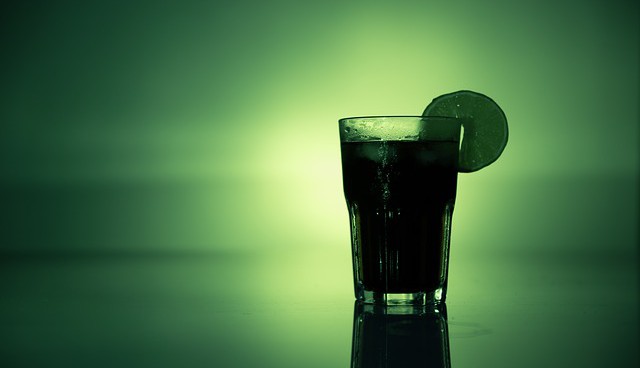 N.Korean ginseng liquor doesn’t cause hangovers: State media
N.Korean ginseng liquor doesn’t cause hangovers: State media
Local media says the ginseng drink, after years of research, is 'suave and causes no hangover'
Leo Byrne January 18th, 2016
A North Korean insam (ginseng) liquor can be drunk without fear of hangover, according to an article from the DPRK’s Pyongyang Times.
The article, oddly entitled, “Liquor wins quality medal for preserving national smack” claims the Taedonggang Foodstuff Factory has been improving the drink for years. The research involved replacing sugar with scorched, glutinous rice which helped eliminate both bitterness, and hangovers.
“Koryo Liquor, which is made of six-year-old Kaesong Koryo insam, known as being highest in medicinal effect, and the scorched rice, is highly appreciated by experts and lovers as it is suave and causes no hangover,” the article reads.
Earlier articles on ginseng liquors from the Korean Central News Agency (KCNA) indicate the work on improving the drinks is a multi-pronged effort.
On August 19 the KCNA published an article claiming North Korea’s Koryo Songgyungwan University was working on improving the quality of Kaesong Koryo Insam Liquor. A brief article from 1999 also called it “the elixir of life.”
“I haven’t tried that brand I think, though I have had some other Insam liquors. They’re OK – I associate ginseng with its medicinal properties, though, so am not that keen on it as a tasty treat,” Andray Abrahamian from Chosong Exchange told NK News.
“There are some high quality liquors made in North Korea, though in my experience there is no such thing as hangover-free booze anywhere in the world,” he added.
Ginseng is commonly used in both Koreas on account of its medicinal properties, and the Kaesong area in the DPRK is famous for the product.
Should the claims about hangover-free consumption prove accurate, the drink would likely also prove popular south of the 38th parallel, where drinks purporting to cure hangovers be found in any convenience store. According to a 2012 World Health Organization report, South Koreans drink 12.1 liters of alcohol a year, more than any other country in Asia.
Notably, the curing of hangovers is one of the milder curative properties North Korean media has attributed to ginseng.
Last year DPRK media claimed medical products containing extracts from the plant could cure MERS, SARS and even AIDS.
Featured Image: Photo by markusspiske on
ABOUT THE AUTHOR
Leo Byrne is the Data and Analytic Director at NK News and is based in Seoul, South Korea.Follow him on twitter @LeoPByrne



 Reply With Quote
Reply With Quote






